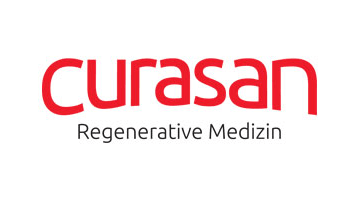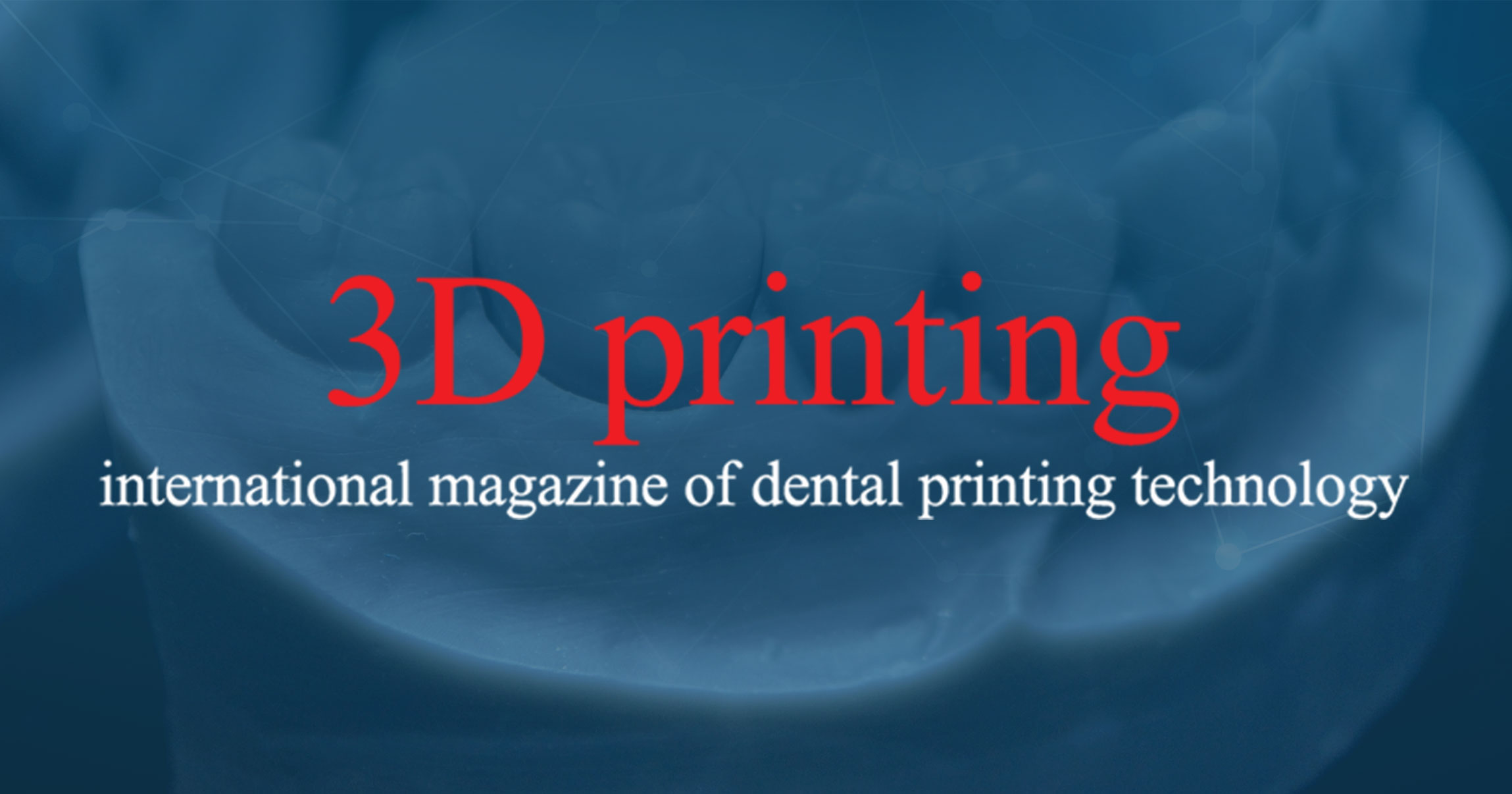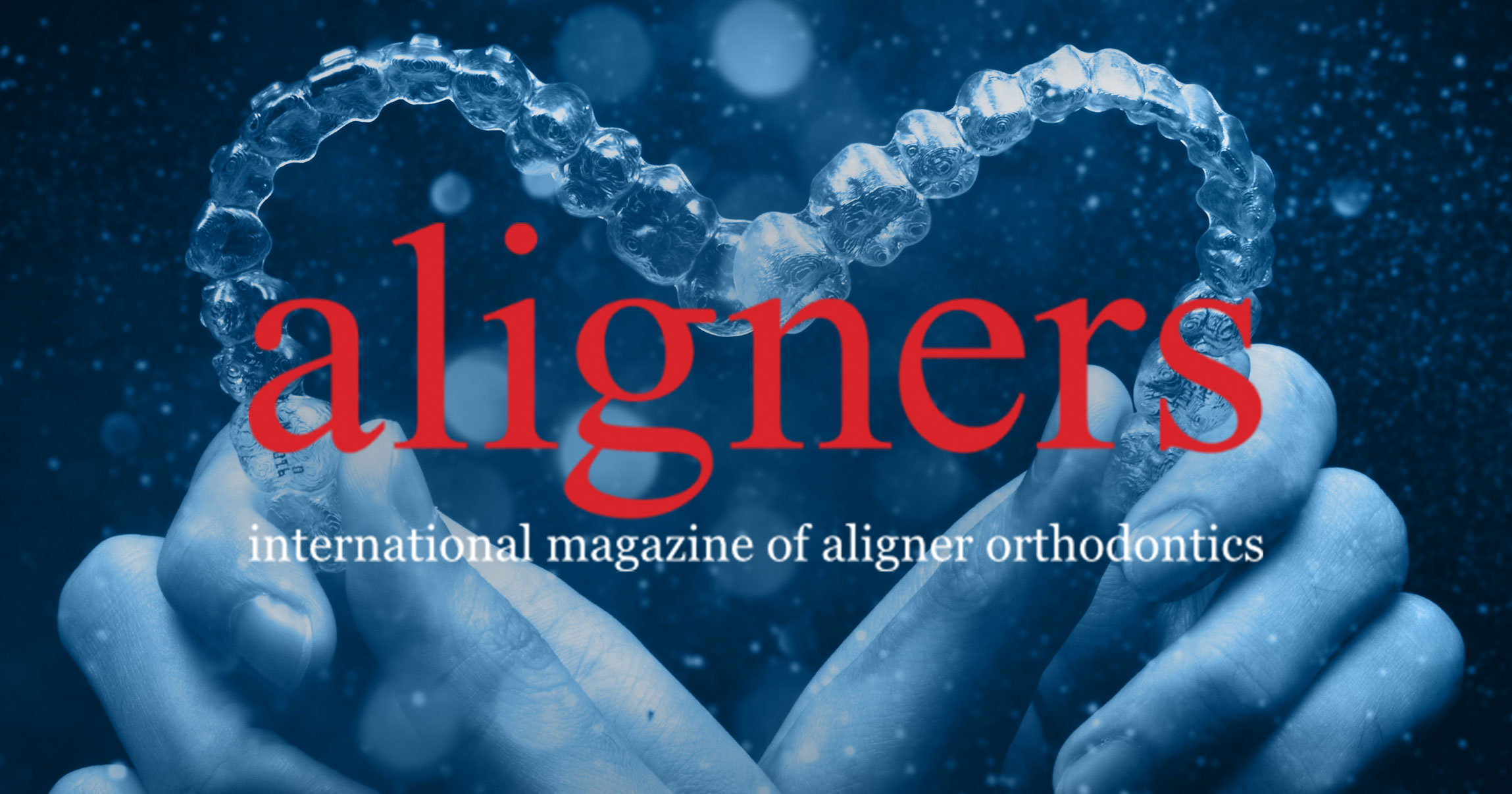BASRA, Iraq: A high prevalence of heavy metals in the environment has been proven to have adverse health effects, especially in sensitive populations such as children and pregnant women. From analysis of samples of primary teeth from Iraqi children—a generation that has lived amid massive environmental disruption since the 2003 US invasion of the country—a new study has found remarkably high levels of neurotoxic lead contamination in this group compared with children from non-war zones.
The US and coalition forces invaded Iraq over 13 years ago. The resulting widespread public exposure to neurotoxic metals such as lead and mercury has been associated with alarming increases in birth defects and cancers in a number of cities. In the Al-Basrah Maternity Hospital, for example, the number of birth defects per 1,000 births increased from 1.37 in 1995 to 23 in 2003. This is an astonishing 17-fold increase in congenital birth defects in the same hospital within less than a decade, a 2012 study found.
Aiming to prove these devastating consequences of war-created pollution, the current study compared donated samples of primary teeth from Iraqi children with birth defects with those of children from Lebanon and Iran, both of which have seen a more moderate level of bombing and warfare during the same period.
Investigating the markers of prenatal exposure to neurotoxic heavy metals, they found that primary teeth from Iraqi children showed remarkably higher levels of lead than the teeth of healthy Lebanese and Iranian children did. According to the researchers, two Iraqi teeth had a level of lead four times higher and one tooth had as much as 50 times more lead than contained in the samples from Lebanon and Iran.
“Our hypothesis that increased war activity coincides with increased metal levels in deciduous teeth is confirmed by this research,” the researchers led by Iranian toxicologist Dr Mozhgan Savabieasfahani wrote in their paper. As war-created heavy metal pollution becomes more severe and common, the accurate measurement of this prenatal exposure becomes more urgent, they stressed.
The study, titled “Prenatal metal exposure in the Middle East: Imprint of war in deciduous teeth of children”, was published online ahead of print on 5 August in the Environmental Monitoring and Assessment journal.



 Albania / Albania
Albania / Albania
 Austria / Österreich
Austria / Österreich
 Bosnia and Herzegovina / Босна и Херцеговина
Bosnia and Herzegovina / Босна и Херцеговина
 Bulgaria / България
Bulgaria / България
 Croatia / Hrvatska
Croatia / Hrvatska
 Czech Republic & Slovakia / Česká republika & Slovensko
Czech Republic & Slovakia / Česká republika & Slovensko
 Finland / Suomi
Finland / Suomi
 France / France
France / France
 Germany / Deutschland
Germany / Deutschland
 Greece / ΕΛΛΑΔΑ
Greece / ΕΛΛΑΔΑ
 Italy / Italia
Italy / Italia
 Netherlands / Nederland
Netherlands / Nederland
 Nordic / Nordic
Nordic / Nordic
 Poland / Polska
Poland / Polska
 Portugal / Portugal
Portugal / Portugal
 Romania & Moldova / România & Moldova
Romania & Moldova / România & Moldova
 Slovenia / Slovenija
Slovenia / Slovenija
 Serbia & Montenegro / Србија и Црна Гора
Serbia & Montenegro / Србија и Црна Гора
 Spain / España
Spain / España
 Switzerland / Schweiz
Switzerland / Schweiz
 Turkey / Türkiye
Turkey / Türkiye
 UK & Ireland / UK & Ireland
UK & Ireland / UK & Ireland
 International / International
International / International
 Brazil / Brasil
Brazil / Brasil
 Canada / Canada
Canada / Canada
 Latin America / Latinoamérica
Latin America / Latinoamérica
 USA / USA
USA / USA
 China / 中国
China / 中国
 India / भारत गणराज्य
India / भारत गणराज्य
 Japan / 日本
Japan / 日本
 Pakistan / Pākistān
Pakistan / Pākistān
 Vietnam / Việt Nam
Vietnam / Việt Nam
 ASEAN / ASEAN
ASEAN / ASEAN
 Israel / מְדִינַת יִשְׂרָאֵל
Israel / מְדִינַת יִשְׂרָאֵל
 Algeria / الجزائر
Algeria / الجزائر
:sharpen(level=0):output(format=jpeg)/up/dt/2023/03/DSC_0769_1920x1080px.jpg)
:sharpen(level=0):output(format=jpeg)/up/dt/2023/03/Dr.-Rafael-Beolchi_1920px.jpg)
:sharpen(level=0):output(format=jpeg)/up/dt/2023/02/FDI-celebrates-World-Oral-Health-Day.jpg)
:sharpen(level=0):output(format=jpeg)/up/dt/2023/03/ids_23_005_029.jpg)
:sharpen(level=0):output(format=jpeg)/up/dt/2023/03/shutterstock_Studio-Romantic_.jpg)





:sharpen(level=0):output(format=png)/up/dt/2022/01/HASSBIO_Logo_horizontal.png)
:sharpen(level=0):output(format=png)/up/dt/2019/01/mectron_medtec_cmyk.png)
:sharpen(level=0):output(format=png)/up/dt/2022/01/Sprintray_Logo_2506x700.png)
:sharpen(level=0):output(format=png)/up/dt/2013/04/Dentsply-Sirona.png)
:sharpen(level=0):output(format=png)/up/dt/2022/05/osstem_logo.png)
:sharpen(level=0):output(format=png)/up/dt/2021/02/logo-gc-int.png)
:sharpen(level=0):output(format=jpeg)/up/dt/e-papers/318774/1.jpg)
:sharpen(level=0):output(format=jpeg)/up/dt/e-papers/315934/1.jpg)
:sharpen(level=0):output(format=jpeg)/up/dt/e-papers/313851/1.jpg)
:sharpen(level=0):output(format=jpeg)/up/dt/e-papers/309918/1.jpg)
:sharpen(level=0):output(format=jpeg)/up/dt/e-papers/308547/1.jpg)
:sharpen(level=0):output(format=jpeg)/up/dt/e-papers/304176/1.jpg)
:sharpen(level=0):output(format=png)/up/dt/2023/03/IMP-Banner-Image-World-Summit-Athens.png)
:sharpen(level=0):output(format=jpeg)/up/dt/2023/03/corp-en-us-image-dsw23-homepage-teaser-stage.jpg)
:sharpen(level=0):output(format=jpeg)/up/dt/2017/01/cf48da86e236805970993c357ac55099.jpg)

:sharpen(level=0):output(format=jpeg)/up/dt/2023/03/DSC_0769_1920x1080px.jpg)
:sharpen(level=0):output(format=gif)/wp-content/themes/dt/images/dt-user.gif)
:sharpen(level=0):output(format=jpeg)/up/dt/2022/09/Study-finds-clinic-leadership-has-direct-impact-on-level-of-preventive-care1.jpg)
:sharpen(level=0):output(format=jpeg)/up/dt/2022/01/IMG_0367-Cropped_1920x1080px.jpg)
:sharpen(level=0):output(format=jpeg)/up/dt/2023/01/shutterstock_w1079961008-copy.jpg)
:sharpen(level=0):output(format=jpeg)/up/dt/2019/01/American-black-bear-lat-RCSOM-A-171.36-Copyright-RCS_780x439px.jpg)
:sharpen(level=0):output(format=jpeg)/up/dt/2020/11/shutterstock_1322557232.jpg)
:sharpen(level=0):output(format=jpeg)/up/dt/2019/05/Zwan.jpg)
:sharpen(level=0):output(format=jpeg)/up/dt/2019/04/Untitled-1-1.jpg)
:sharpen(level=0):output(format=jpeg)/up/dt/2021/04/Aligner_Tray_With_Opalescence_780px.jpg)
:sharpen(level=0):output(format=jpeg)/up/dt/2023/03/52702789738_f7fef81728_.jpg)
:sharpen(level=0):output(format=jpeg)/up/dt/2021/03/shutterstock_1629968596.jpg)



:sharpen(level=0):output(format=jpeg)/up/dt/2023/03/DSC_0769_1920x1080px.jpg)
:sharpen(level=0):output(format=jpeg)/up/dt/2023/03/Dr.-Rafael-Beolchi_1920px.jpg)
:sharpen(level=0):output(format=jpeg)/up/dt/2023/02/FDI-celebrates-World-Oral-Health-Day.jpg)
:sharpen(level=0):output(format=jpeg)/up/dt/e-papers/315934/1.jpg)
:sharpen(level=0):output(format=jpeg)/up/dt/e-papers/313851/1.jpg)
:sharpen(level=0):output(format=jpeg)/up/dt/e-papers/309918/1.jpg)
:sharpen(level=0):output(format=jpeg)/up/dt/e-papers/308547/1.jpg)
:sharpen(level=0):output(format=jpeg)/up/dt/e-papers/304176/1.jpg)
:sharpen(level=0):output(format=jpeg)/up/dt/e-papers/318774/1.jpg)
:sharpen(level=0):output(format=jpeg)/up/dt/e-papers/318774/2.jpg)



